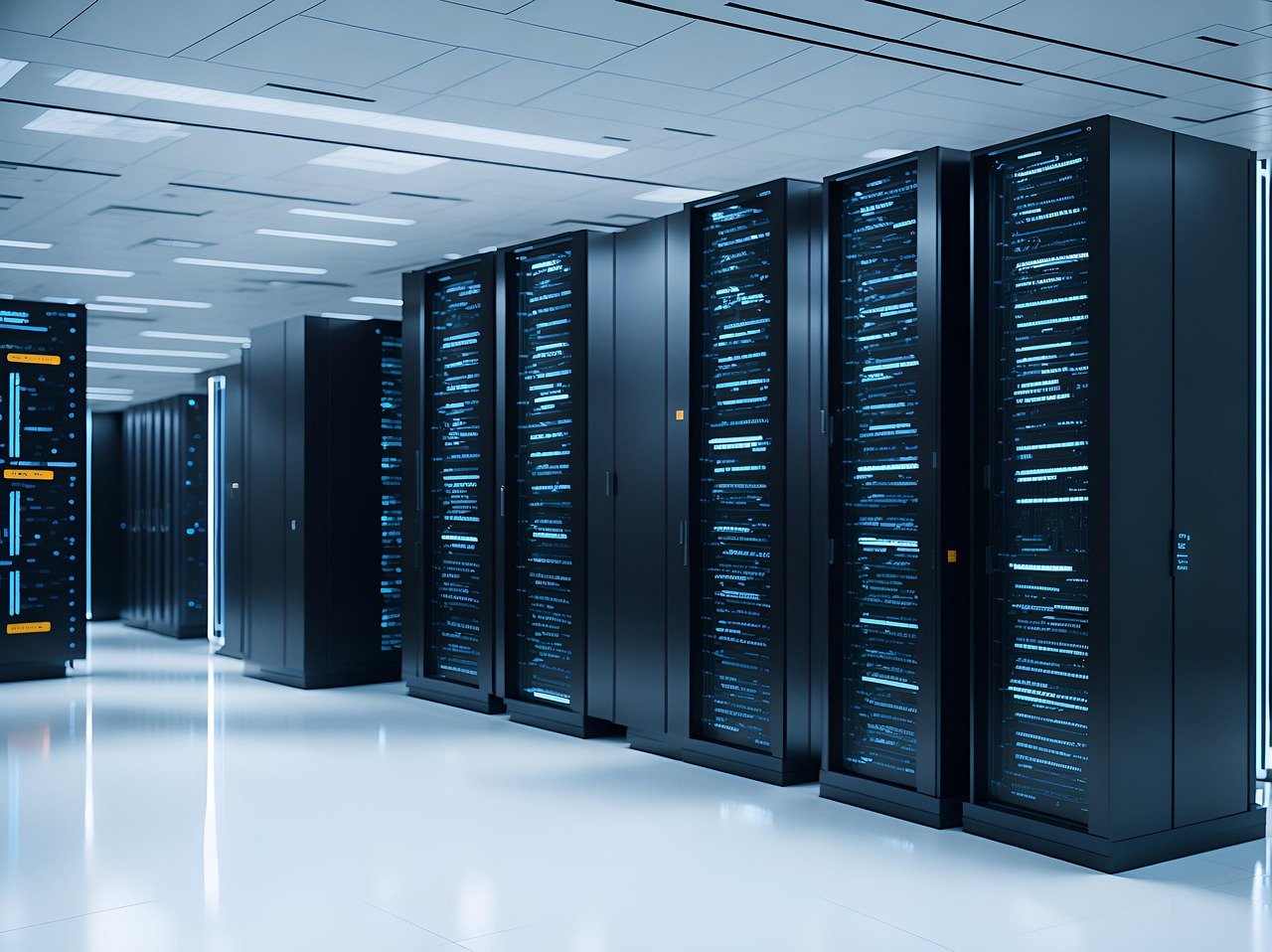In today’s digital age, data is the backbone of nearly every industry. Whether you’re scrolling through social media, making an online purchase, or backing up your business files, your information likely passes through one or more data centers. But what exactly is a data center, and why has it become such a vital component of the modern economy? In this article, we’ll explore what data centers are, what technologies power them, who uses them, and why they matter so much to businesses and everyday users alike.
What Is a Data Center?
A data center is a dedicated facility that houses computing resources and infrastructure, such as servers, storage systems, and networking equipment. Essentially, it’s a highly secure building designed to store, process, and distribute large volumes of data reliably and efficiently.
Data centers can be as small as a single room or as large as a sprawling campus covering thousands of square meters. No matter the size, their purpose remains the same: to ensure critical data and applications are accessible 24/7, with minimal downtime.
The Importance of a Data Center
Data centers are critical because:
- Continuity: They provide uninterrupted access to data and applications, even during power failures or disasters.
- Security: They offer high-level physical and digital protection for sensitive information.
- Performance: They ensure fast response times for cloud applications, websites, and services.
- Scalability: They allow businesses to scale IT resources up or down as needed.
In short, without data centers, the global internet, e-commerce, streaming services, and most modern business operations could not function effectively.
Who Uses Data Centers?
Data centers are used by a diverse range of organizations, including:
| User Type | Example Use Cases |
|---|---|
| Large Enterprises | Hosting internal applications, storing customer data |
| Cloud Providers | Offering scalable cloud services (e.g., AWS, Azure, Google) |
| Financial Institutions | Running banking applications, secure transaction processing |
| Government Agencies | Secure data storage, citizen services |
| E-commerce Businesses | Managing online storefronts and transaction records |
| Content Platforms | Delivering streaming video, music, and large files |
Even small and medium-sized businesses increasingly rely on data centers via hosting providers and cloud services.
Types of Data Centers
Data centers come in different forms, depending on ownership and purpose:
- Enterprise Data Centers: Owned and operated by a single organization.
- Colocation Data Centers: Companies rent space, power, and cooling but manage their own equipment.
- Hyperscale Data Centers: Massive facilities run by cloud giants such as Amazon or Google.
- Edge Data Centers: Smaller facilities positioned closer to users to reduce latency.
Technologies Behind a Data Center
Modern data centers incorporate advanced technologies to maintain performance, security, and efficiency:
- Server Hardware: Racks of powerful, redundant servers.
- Virtualization: Software that allows one machine to run multiple virtual servers.
- Cooling Systems: Precision cooling to prevent overheating (e.g., liquid cooling, hot aisle containment).
- Power Infrastructure: Redundant power supplies, uninterruptible power (UPS), and backup generators.
- Network Infrastructure: High-speed fiber connections to route traffic efficiently.
- Security Systems: Biometric access controls, cameras, and intrusion detection.
- Fire Suppression: Specialized systems to extinguish fires without damaging equipment.
Data centers are engineered to maintain near-constant uptime, often rated by tiers (Tier I to Tier IV), where Tier IV provides the highest reliability.

Key Advantages of a Data Center
Data centers offer multiple benefits that make them indispensable for modern business:
| Advantage | Description |
|---|---|
| High Reliability | Redundant systems minimize downtime. |
| Scalability | Resources can grow with your business needs. |
| Enhanced Security | Both physical and cyber protections safeguard data. |
| Cost Efficiency | Outsourcing reduces the need for in-house infrastructure. |
| Regulatory Compliance | Facilities meet stringent standards for data protection. |
These benefits allow organizations to focus on their core operations while relying on a secure and resilient infrastructure.

Why Businesses Choose Data Centers
Businesses across industries rely on data centers for:
- Hosting their websites and applications.
- Backing up critical data to prevent loss.
- Delivering digital content quickly to users worldwide.
- Ensuring compliance with data protection regulations.
If you are launching or growing an online presence, a professionally managed data center service ensures that your customers always have a fast, secure experience.
Need a professional website to grow your business across the EU?
👉 Rakuzan Technology provides digital business solutions tailored for entrepreneurs — website development, optimization, and more.
And if you’re launching online, make sure your hosting is fast and reliable.
👉 Use Hostinger to get started quickly and affordably.
Disclaimer: This article is for informational purposes only and does not constitute financial, tax, or investment advice. Readers should consult with a licensed professional before making any financial or business decisions.





